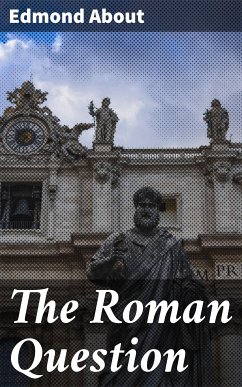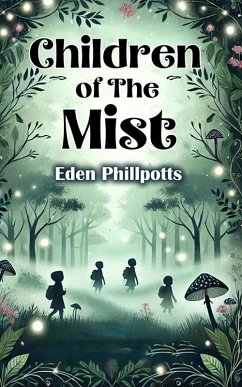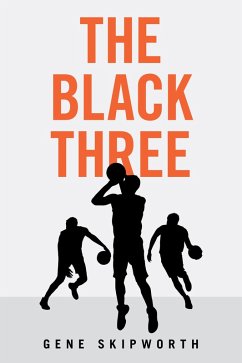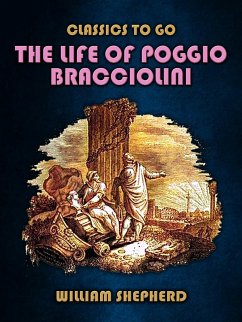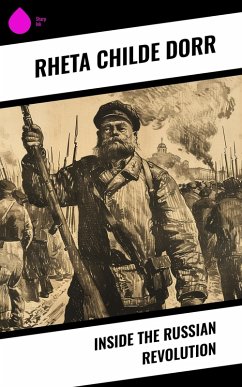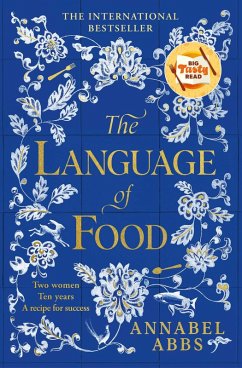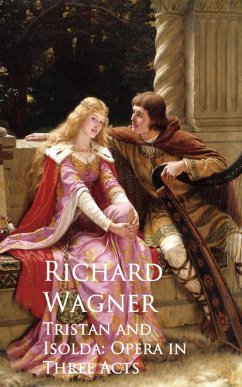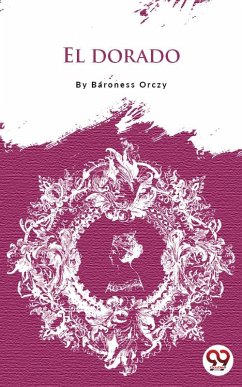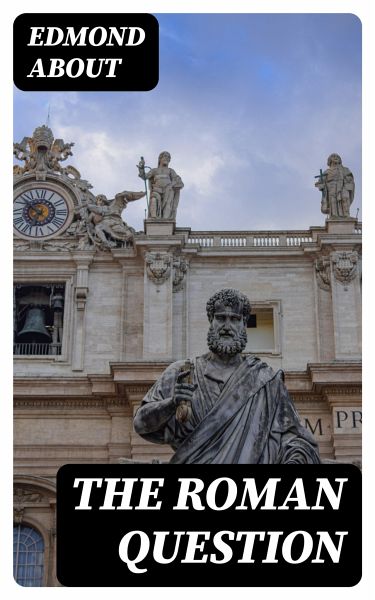
The Roman Question (eBook, ePUB)

PAYBACK Punkte
0 °P sammeln!
In "The Roman Question," Edmond About explores the complex dynamics of the Italian Papal States and the lingering influence of the Vatican following the unification of Italy in the 19th century. Written in a satirical yet incisive style, the book deftly blends historical analysis with sharp wit, uncovering the myriad political and cultural tensions surrounding the Papacy's temporal power. About's narrative critiques the power exercised by the church, coupled with an intricate examination of nationalism, secularism, and the evolving identity of modern Italy. Engaging with contemporary political...
In "The Roman Question," Edmond About explores the complex dynamics of the Italian Papal States and the lingering influence of the Vatican following the unification of Italy in the 19th century. Written in a satirical yet incisive style, the book deftly blends historical analysis with sharp wit, uncovering the myriad political and cultural tensions surrounding the Papacy's temporal power. About's narrative critiques the power exercised by the church, coupled with an intricate examination of nationalism, secularism, and the evolving identity of modern Italy. Engaging with contemporary political discourse, the work serves as both a historical document and a reflection on the interaction between religion and state power. About, a prominent French writer and journalist, was deeply engaged with the sociopolitical issues of his time, providing a lens through which he critically analyzed the relationship between church and state. His experiences in Italy and connections with contemporary political thought undoubtedly informed his perspective, allowing him to craft a poignant critique of Papal authority at a transformative moment in European history. Readers interested in the intersection of religion and politics, as well as those passionate about Italian history, will find "The Roman Question" an essential and thought-provoking work. About's incisive commentary invites reflection on the enduring nature of power, authority, and national identity, ensuring its relevance even in today's sociopolitical landscape.
Dieser Download kann aus rechtlichen Gründen nur mit Rechnungsadresse in A, B, BG, CY, CZ, D, DK, EW, E, FIN, F, GR, H, IRL, I, LT, L, LR, M, NL, PL, P, R, S, SLO, SK ausgeliefert werden.




